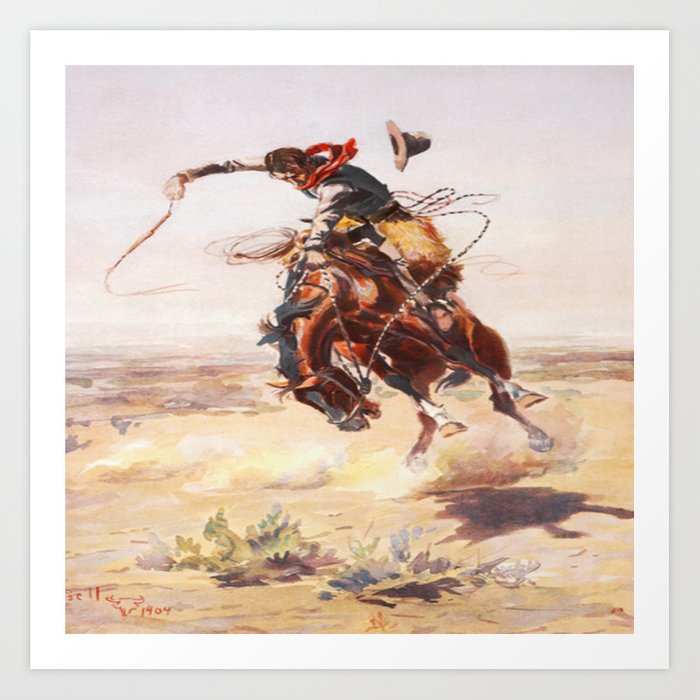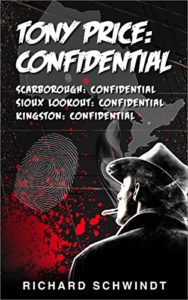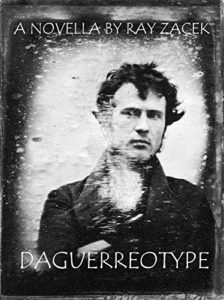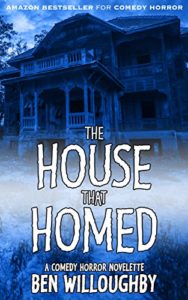What makes the hero (or heroine) stand out, and show us what he (or she) is made of, is the villain. The hero’s nemesis.
Who can forget the Wicked Witch of the West? Or Inspector Javert?
A memorable villain will make a story a success, even more so then a memorable hero. Because the hero must triumph over the villain to win. The bigger the villain, the bigger the triumph.
Of course, an author can shake things up. Take Macbeth, for example. Where a hero becomes his own worst enemy, aided by his lovingly ambitious wife. The same can be said for Stevens in The Remains of the Day, where he is the villain to his own hero.
Generally, though, the villain and the hero are two separate persons. Both want something and are at cross purposes in the achieving.
A good villain can even save what might otherwise be a mediocre production. The TV show Colony, canceled after three seasons (which is a shame), in my opinion, was carried on the back of the villain Alan Snyder. The hero and heroine, Will and Katie Bowman, were lackluster characters (nor was the acting very good for their parts).
What made Colony a success, I think, was the complexity of the character of the bad guy. Alan Snyder was someone you justifiably hated, and yet empathized with because in many ways he is us. He personified the dilemma of survival.
There are many great villains in literature. A few of them are:
Augustus Melmotte in The Way We Live Now by Anthony Trollope
Count Dracula in Dracula by Bram Stoker
Captain Ahab in Moby Dick by Herman Melville
O’Brien in 1984 by George Orwell
Fagin in Oliver Twist by Charles Dickens
Mrs Danvers in Rebecca by Daphne du Maurier
Four of my favorites are:
Mrs Proudie in Barchester Towers by Anthony Trollope
Mrs De Ropp in “Sredni Vashtar” by Saki
She in She by H Rider Haggard
Cthulhu in “The Call of Cthulhu” by HP Lovecraft
Mrs Proudie, like Lady MacBeth, is driven by ambition. However, operating in Victorian society, Mrs Proudie must take a different approach than did Lady MacBeth in achieving the goals of her ambition.
Mrs Proudie whips her milk toast husband, the bishop, up the ladder of clerical success — and she steps on whoever gets in his way. Trollope makes it quite clear early on that it is indeed Mrs Proudie who wears the trousers in the Proudie household. The bishop’s attempt at taking over the reins of his life are quickly quashed.
Mrs Proudie is not a nice person. Unlike Lady MacBeth, she doesn’t have anyone do the dirty work for her, nor is she the least bit repentant.
Mrs De Ropp, for me, represents the evil of duty, and manners, and expectations — all hidden under a façade of do-goodism. Mrs De Ropp does what is proper and expected and in the process is killing Conradin. And she doesn’t seem to care.
She, or She-Who-Must-Be-Obeyed, is the ultimate jealous bitch. She kills her lover in a jealous rage, then bathes in the magic fire so she can live forever until her true love is reborn and they can be reunited.
In the meantime, she enslaves a whole nation of African tribal folk to serve her. She takes a woman scorned to a whole new level of meaning.
By the way, her actual name was Ayesha, and she was an Arab. Her lover was Egyptian and she wanted to rule Egypt. Ambitious to boot.
The ultimate question about Cthulhu is this: is he truly evil, or just indifferent?
When it comes to, let’s say ants, are we evil or just indifferent? There are ants on the sidewalk. Do you step on them, or over them? Do you even notice them?
Given Lovecraft’s worldview, I’m inclined to say Cthulhu and his ilk are merely indifferent. On the other hand, an argument can be made for the evil of indifference.
Put yourself in the place of the ant. Now contemplate humans.
Comments are always welcome! And until next time, happy reading!
Share This!



